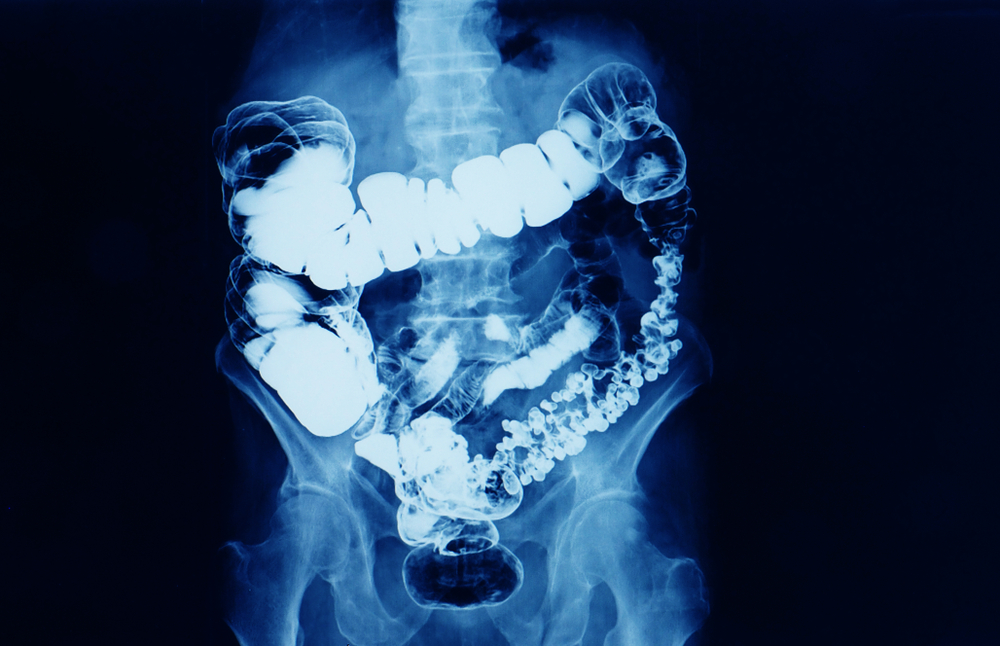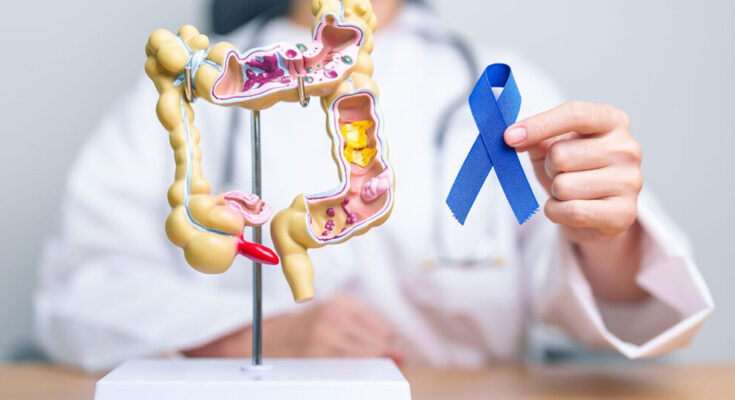Young people don’t worry about their health the same way older individuals do. Of course, many Gen Zers and Millenials do prioritize their physical and mental wellbeing. But they are young, while the risk of life-changing conditions like heart disease, diabetes, chronic pain, and cancer increases with age. However, research shows that Gen Z and Millenials are not as safe as once thought. The number of cases of colon cancer has doubled in the United States since the 1990s. Especially in the age 20 to 49 demographic.
The silent killer

Colon cancer is also known as colorectal cancer, bowel cancer, or rectal cancer — depending on where the tumor begins. It’s also called the silent killer because there may be few or zero warning signs. And once the symptoms finally appear, the cancer has already progressed.
Colon cancer in young people

According to the Colon Cancer Coalition (CCC), colorectal cancer is the fourth most commonly diagnosed cancer, and the second leading cause of death due to cancer. Moreover, 30% of its diagnoses are for individuals under the age of 55. This has made it the leading cause of cancer death for men and the second leading for women under the age of 50.
The CCC website states: “People born after 1990 have 2 times the risk of developing colon cancer and 4 times the risk of developing rectal cancer than those born in 1950.” Furthermore, “there will be about 18,000 cases of colorectal cancer diagnosed in people under 50” every year. That’s the equivalent of 49 new cases each day.
What’s causing the rise of colon cancer?

A European study from the journal Annals of Oncology examined the rising rates of colon cancer among young people to find out why this is happening. The research was led by Carlo La Vecchia (MD), Professor of Medical Statistics and Epidemiology at the University of Milan.
“Key factors that contribute to the rise in bowel cancer rates among young people include overweight, obesity, and related health conditions, such as high blood sugar levels and diabetes,” said La Vecchia in a press release. He also mentioned increased heavier alcohol consumptions, as well as reduced physical activity.
Family history

Meanwhile, the highest known risk factor for colon cancer is family history. People with immediate family members with it have double or triple the risk of developing it compared to those without this family history. Therefore, experts recommend those with family history to begin screening earlier than most, especially if the affected relative was diagnosed at a younger age.
Survival rates

According to the CCC, the five-year relative survival rate for stage 1 and stage 2 colon cancer is 90%. Stage 3 is 71% and stage 4 is 14%. To make matters worse, younger people are more likely to receive their diagnosis with late-stage cancer because they are too young to be recommended for routine screenings.
Remember, this disease often comes with no warning signs. Even the ones who do experience symptoms are likely to suffer for months before receiving the proper diagnosis. Misdiagnosis can lead to delayed treatment. Keep in mind, colon cancer typically develops over the span of a decade.
Symptoms

Symptoms of cancer can vary depending on the growth’s origin among other factors. But people should seek medical attention if they’re experiencing the following:
- Rectal bleeding, bloody stool, or blood in the toilet after a bowel movement
- Persistent diarrhea or constipation
- Low energy or tiredness
- Unexplained weight loss
- Feeling “full” too early in a meal
- Unusual stools, such as dark-colored stools or ribbon-thin stools
Advocate for yourself

“If anyone has any change in their bowel habits, if they have any bleeding—even if they think it’s a hemorrhoid, and it doesn’t go away—just get a colonoscopy,” said Vikram Reddy, MD, PHD, colorectal surgeon, to Yale Medicine. Don’t be afraid to seek a second opinion if you feel like your doctor isn’t taking your concerns seriously.
Colon cancer prevention

Screening generally begins at age 45 for people with no family history. Some tests can be done at home. Anyone can reduce their overall risk by quitting smoking, limiting processed and red meat, exercising regularly, eating a healthy diet rich in fiber, and maintaining a healthy weight.
Help your body thrive

One way to improve one’s diet is by replacing ultra-processed food with high-fiber foods. “When it comes to protecting against colorectal cancer, it’s not just about avoiding the bad stuff—it’s also about doubling down on what actively helps your body thrive,” said Tim Spector, a British epidemiologist, doctor, and scientific co-founder of health company ZOE.
“Fiber does far more than just help with digestion; it regulates bowel movements and reduces the time harmful substances are in contact with the colon,” Spector said to Newsweek. “That’s crucial, because anything that lowers the odds of toxins building up in the gut is going to help reduce cancer risk. Think of fiber as a kind of cleanup crew for your colon.”
Read More: People Warned Over ‘Silent Stokes’ as Five Signs Could Mean You’re Having One Without Realizing



